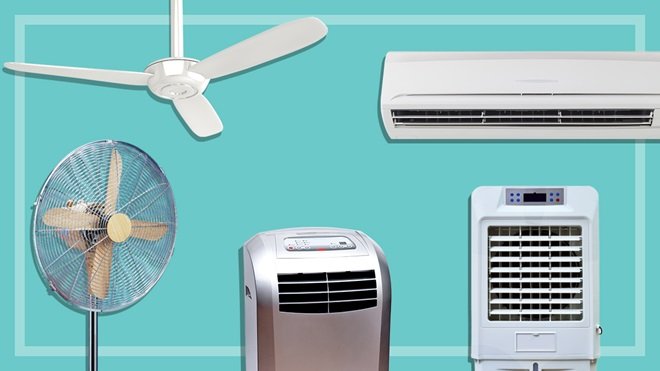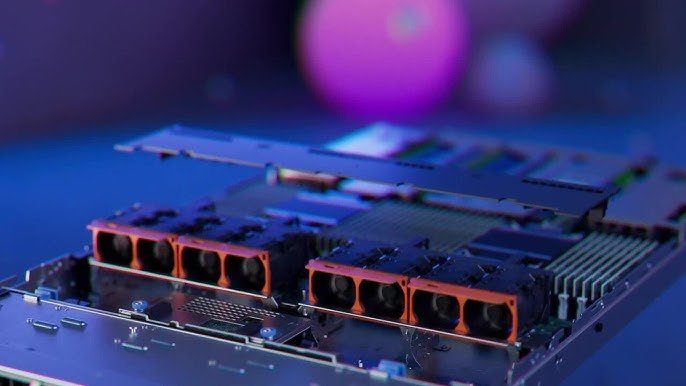When it comes to cooling your home, two popular options stand out: evaporative coolers and air conditioners. Each has unique features, benefits, and drawbacks, making them suitable for different climates, budgets, and needs. Understanding their pros and cons can help you make the best decision for your space.
What Are Evaporative Coolers?
Evaporative coolers, also known as swamp coolers, use the natural process of evaporation to cool air. Water passes through cooling pads, and a fan blows the cooled air into the room. These systems work best in dry climates where humidity levels are low.
- How They Work: Hot, dry air is drawn into the cooler, passed through damp pads, and cooled as the water evaporates.
- Common Features: Lightweight design, energy-efficient operation, and the ability to add moisture to the air.
What Are Air Conditioners?
Air conditioners (ACs) use refrigerants and compressors to cool air, removing heat and humidity. They are versatile and effective in almost all climates, making them a go-to choice for homes and offices worldwide.
- How They Work: ACs extract warm air, cool it through a refrigeration cycle, and circulate the cooled air indoors while expelling heat outside.
- Common Features: Temperature control, dehumidification, and advanced smart features in modern models.
Pros and Cons of Evaporative Coolers
Pros
- Energy Efficiency: Evaporative coolers consume significantly less electricity compared to air conditioners, making them a cost-effective choice.
- Eco-Friendly: They don’t rely on refrigerants, reducing environmental impact.
- Adds Moisture: Ideal for dry climates, as they increase humidity, making the air feel more comfortable.
- Affordability: Lower upfront and maintenance costs compared to AC units.
Cons
- Ineffective in High Humidity: Their cooling efficiency drops significantly in humid climates.
- Limited Temperature Control: They can’t cool air as precisely as air conditioners.
- Frequent Maintenance: Cooling pads need regular cleaning and replacement to prevent mold and odor.
- Ventilation Required: Proper airflow is necessary for them to work effectively.
Pros and Cons of Air Conditioners
Pros
- Powerful Cooling: ACs provide precise temperature control, cooling spaces effectively, even in extreme heat.
- Works in All Climates: Suitable for humid, dry, and mixed climates.
- Dehumidification: Removes moisture from the air, making it perfect for areas with high humidity.
- Advanced Features: Modern units offer smart controls, timers, and energy-saving modes.
Cons
- High Energy Consumption: Air conditioners use more electricity, leading to higher energy bills.
- Expensive Installation and Maintenance: Central AC systems and split units can be costly to install and maintain.
- Environmental Impact: The use of refrigerants contributes to greenhouse gas emissions.
- Dry Air: In some cases, ACs can make the air too dry, leading to discomfort.
Comparing Evaporative Coolers and Air Conditioners
Cost
Evaporative coolers are budget-friendly, both in terms of initial purchase and ongoing operating costs. Air conditioners, while more expensive upfront, provide better cooling performance and additional features.
Climate Suitability
Evaporative coolers thrive in dry, hot climates where humidity is low. Air conditioners are versatile and perform well in all climates, making them the better choice for areas with high humidity.
Energy Efficiency
Evaporative coolers consume less energy, helping reduce electricity bills. However, air conditioners with inverter technology are becoming more energy-efficient, closing the gap.
Environmental Impact
If you’re looking for an eco-friendly option, evaporative coolers are the greener choice due to their minimal energy use and lack of harmful refrigerants.
Comfort
Air conditioners excel in creating a comfortable environment with consistent temperatures and humidity control. Evaporative coolers may struggle to provide the same comfort level, especially in humid conditions.
Choosing the Right Option for You
To decide which cooling system suits your needs, consider these factors:
- Climate: If you live in a dry region, an evaporative cooler may be sufficient. In humid areas, an air conditioner is more effective.
- Budget: For those on a tight budget, evaporative coolers offer a cost-effective solution.
- Energy Concerns: If energy savings and eco-friendliness are priorities, consider evaporative coolers or energy-efficient AC models.
- Cooling Needs: For precise and powerful cooling, air conditioners are the superior option.
Final Thoughts
Both evaporative coolers and air conditioners have their place in keeping spaces cool and comfortable. Evaporative coolers shine in dry climates, offering affordability and energy efficiency. Air conditioners, while more costly, provide reliable cooling and work well in any environment. By evaluating your specific needs, climate, and budget, you can confidently choose the best cooling solution for your space.


